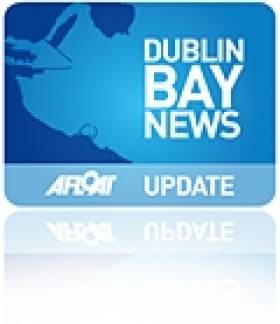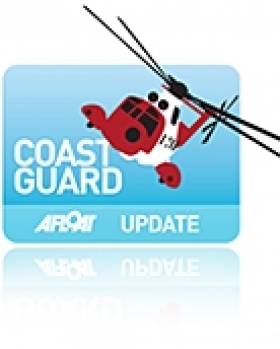Displaying items by tag: plans
#DUN LAOGHAIRE NEWS - Dun Laoghaire's historic Victorian sea baths are to be replaced with a small 'urban beach' under rejuvenation plans for the harbour, the Irish Independent reports.
County councillors for Dun Laoghaire Rathdown voted on Tuesday to green light the construction of a new sea baths facility, part of the 'master plan' development proposed by the Dun Laoghaire Harbour Company that has raised the ire of the harbour's yacht clubs.
The decision is the latest in a long series of ambitious plans for the Victorian baths, which recently received a new coat of paint as part of the Dulux Let's Colour Project but have lain derelict for 15 years.
Under the new plan, all but two of the buildings on the baths site, which was built in 1843, will be demolished to make way for a new jetty and changing area, which is set to include an 'urban beach' in the future.
Only the baths pavillion and a small outbuilding will be retained for an artist's studio, a gallery and café.
The Irish Independent has more on the story HERE.
UK Minister Grilled Over Coastguard Closures
The UK Shipping Minister has hit out at claims that Northern Ireland coastguards were barred from speaking to the Commons committee looking into plans to streamline the British coastguard network.
According to the Belfast Telegraph, Minister Mike Penning maintained he had "not gagged anybody" when questioned over his forbidding officers from a number of coastguard stations - including Bangor - from giving testimony to the transport committee.
The minister explained his decision on the basis that coastguards are civil servants and that "a civil servant's job is to support the government of the day".
He also indicated to the inquiry panel that he was working towards keeping open 10 stations instead of the eight listed in the original plans, under which Bangor would either be downgraded to a daytime station or closed outright.
The Belfast Telegraph has more on the story HERE.































































